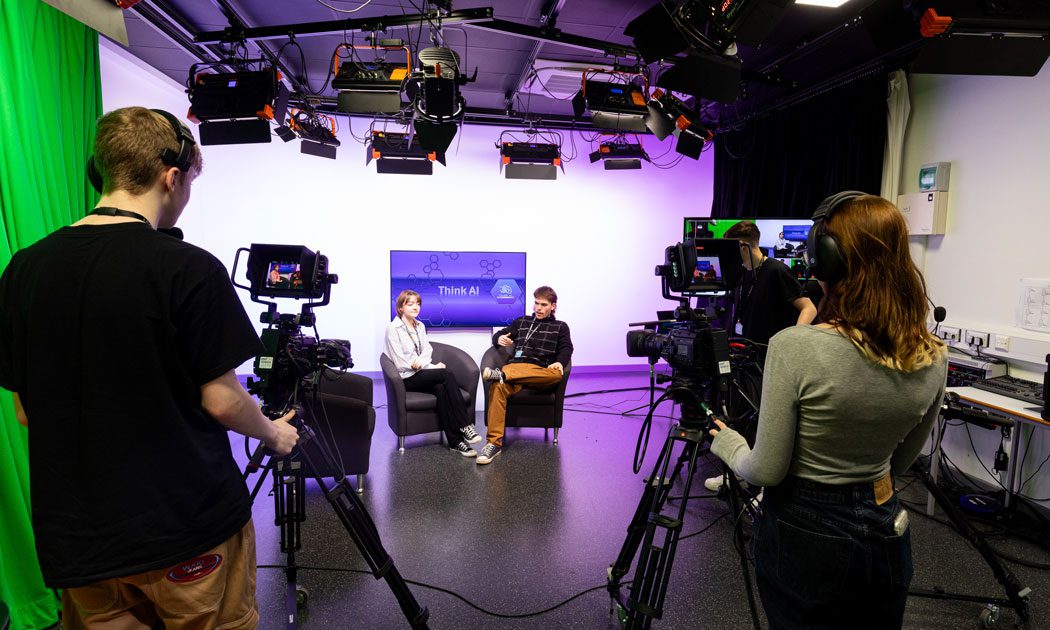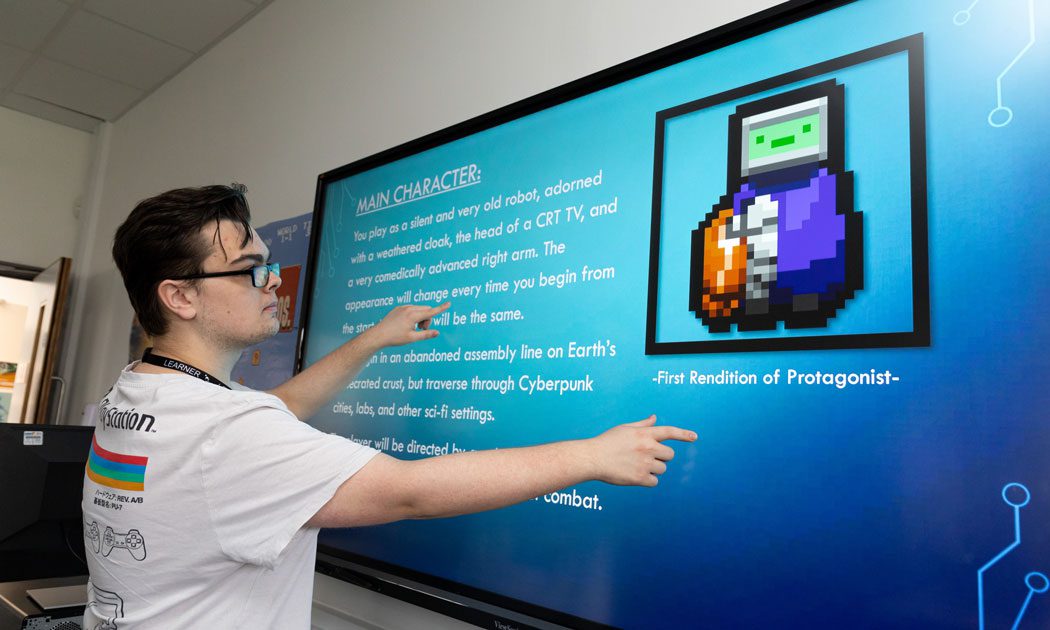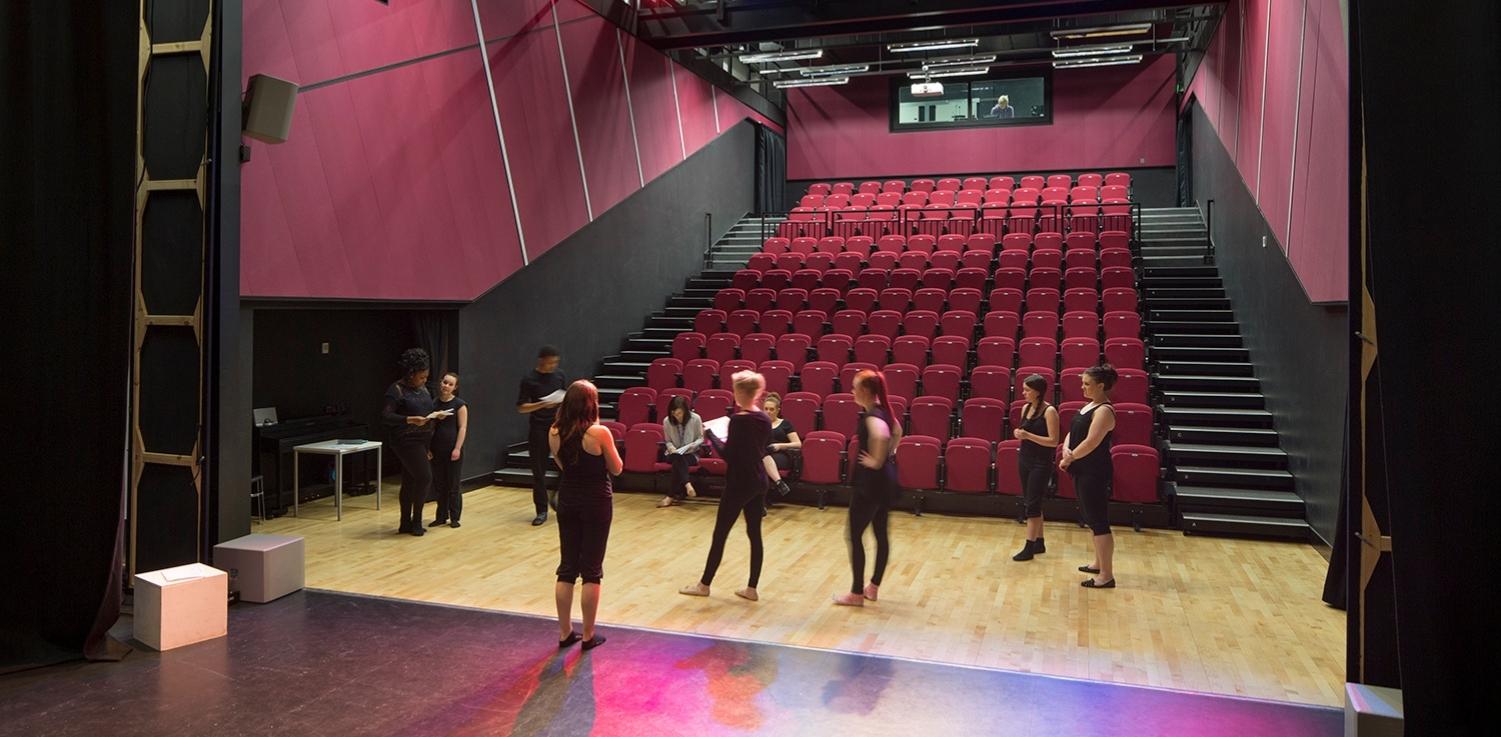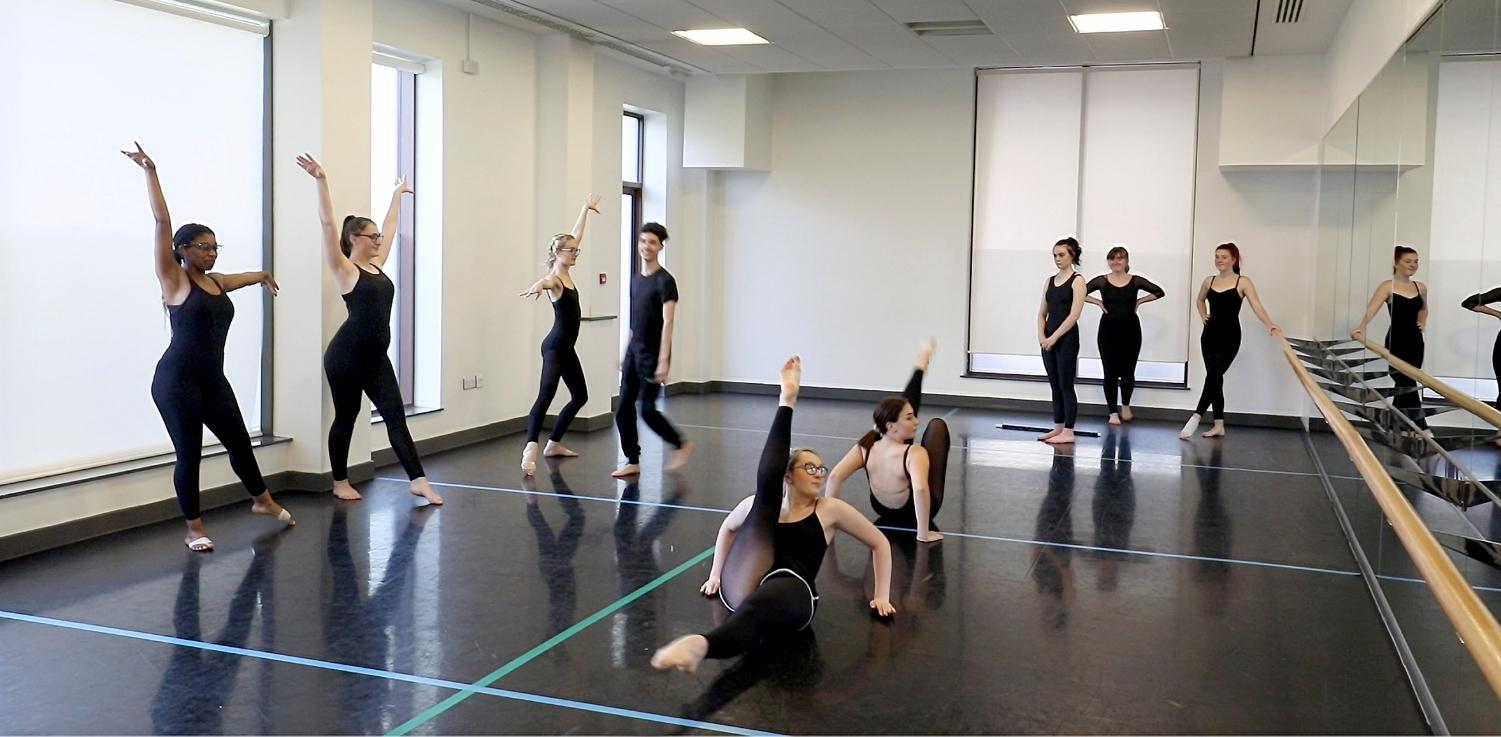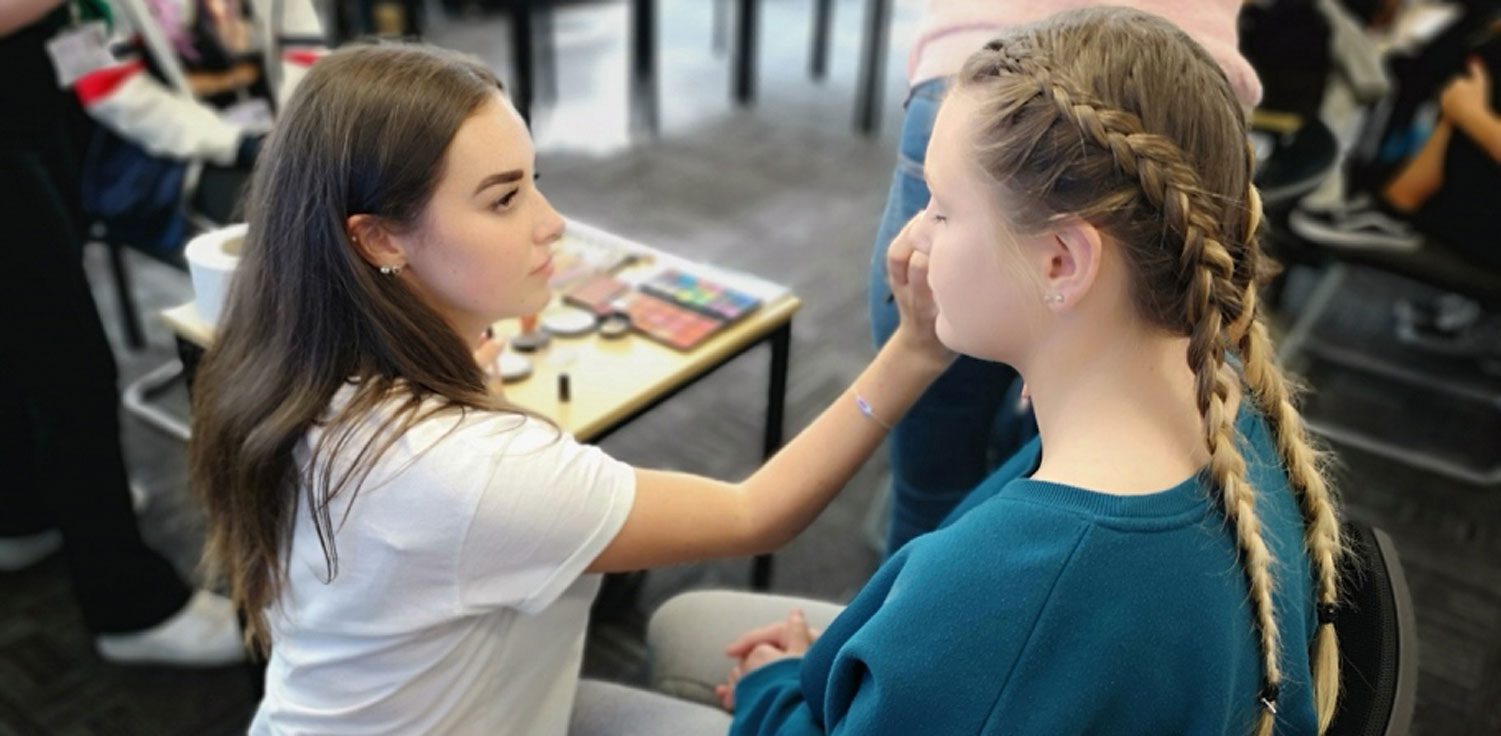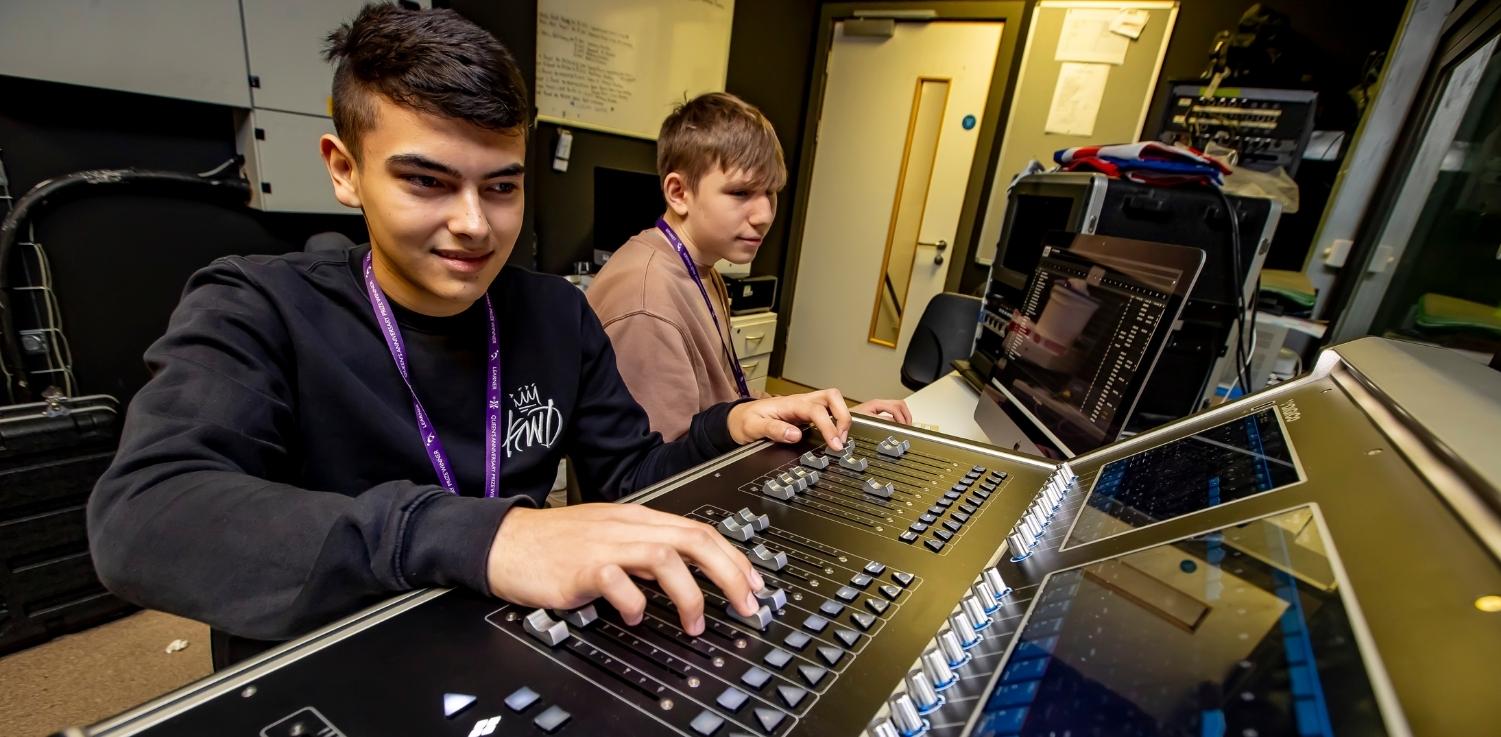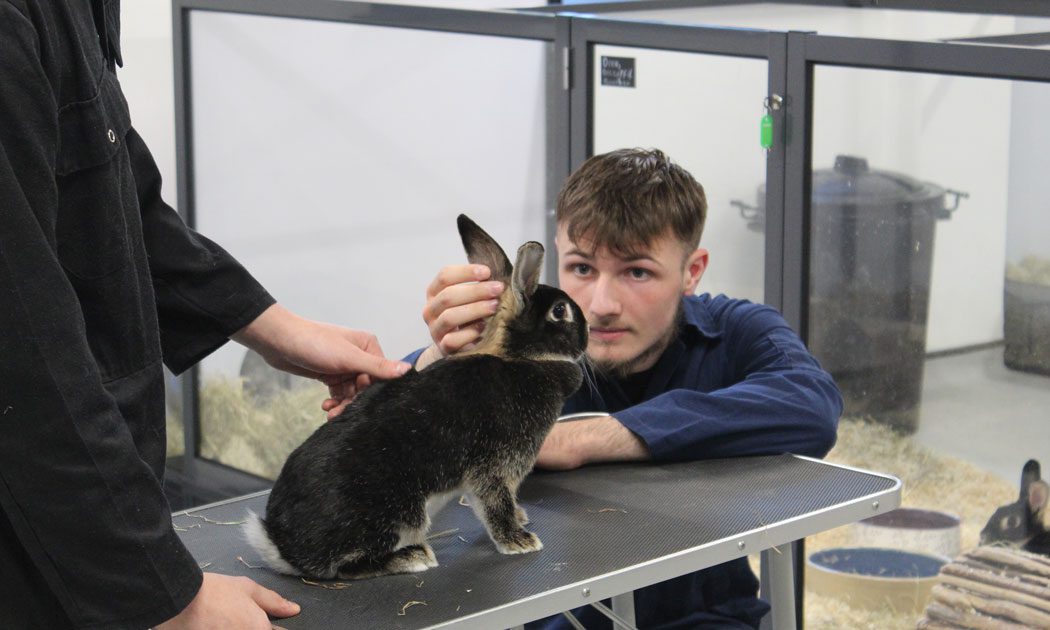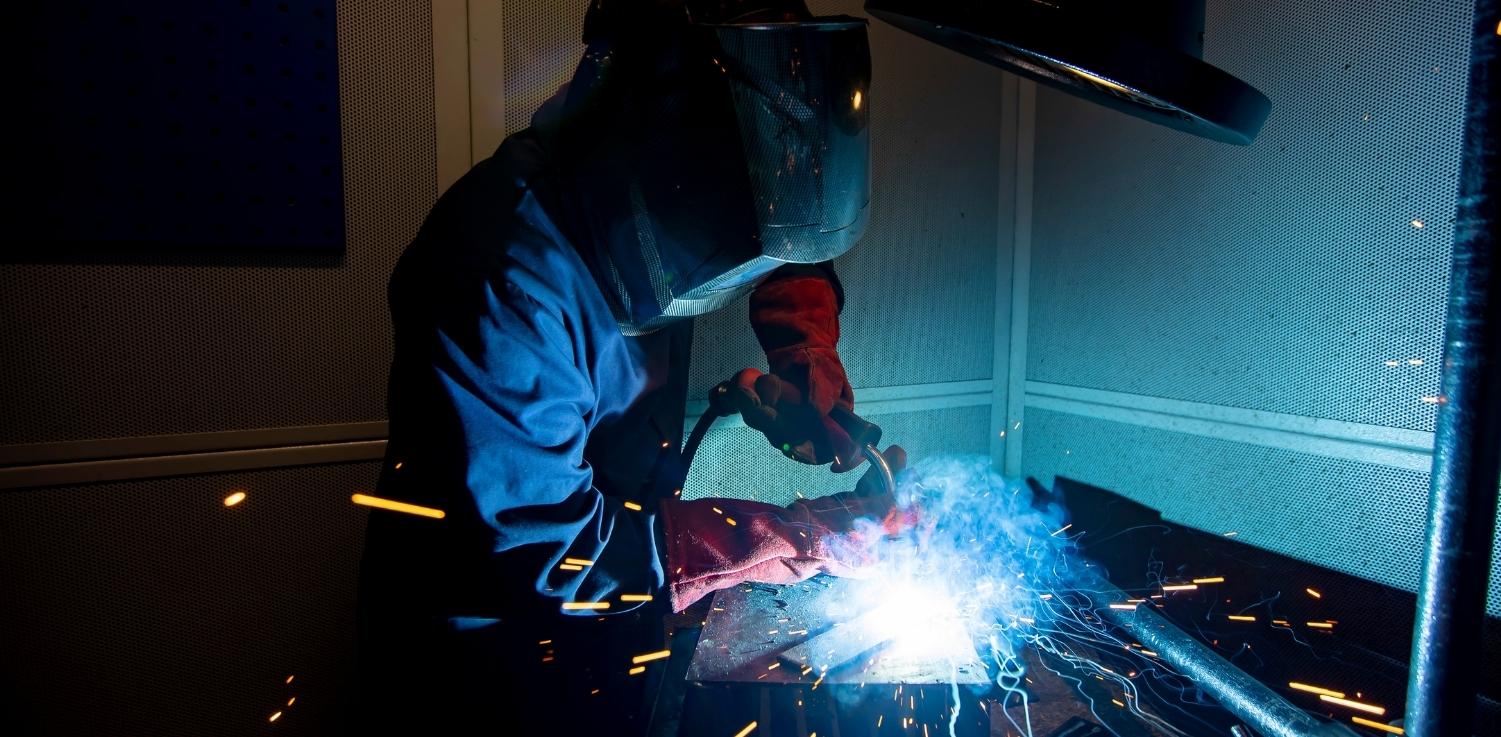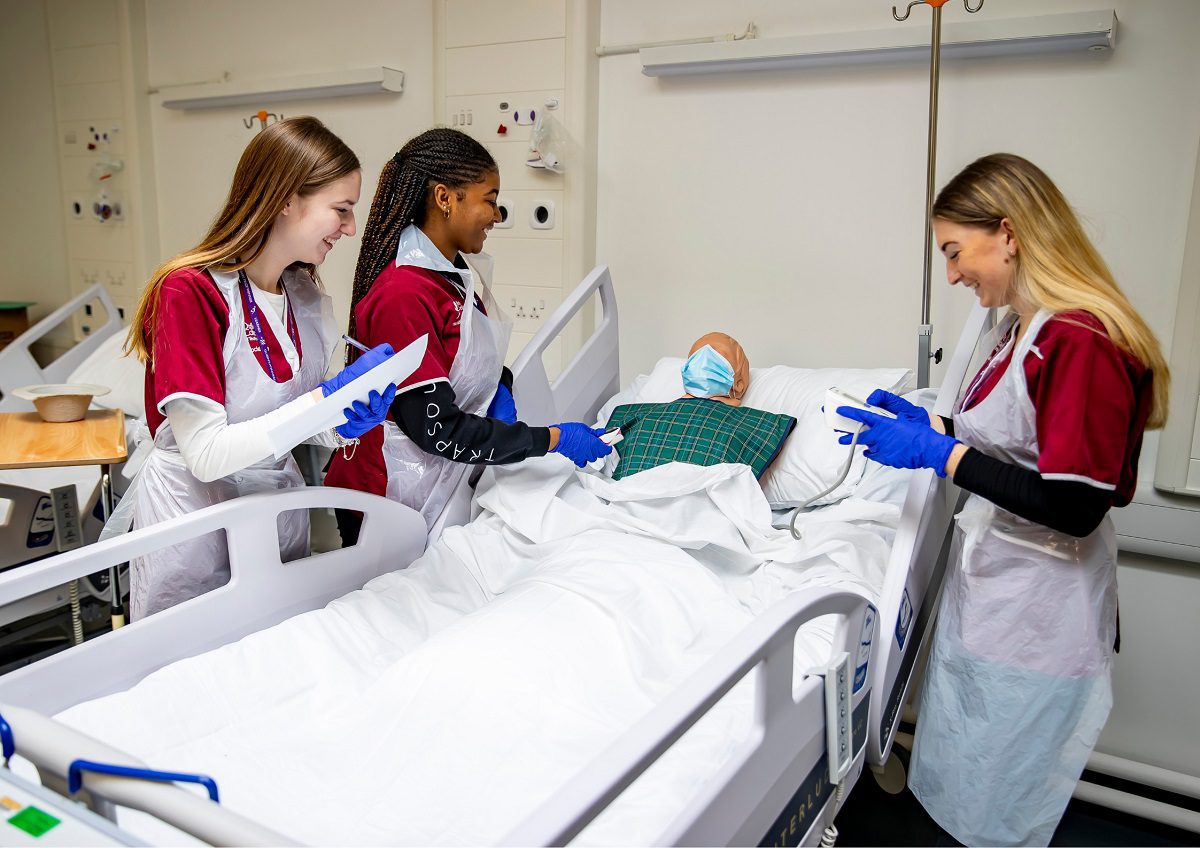A career in film and television is a dynamic and multifaceted path that involves the creation, production, and distribution of visual content for entertainment and information. This industry offers a variety of roles, from creative positions to technical and administrative ones
Skills Required
- Creativity: Ability to generate original ideas and concepts for storytelling.
- Technical Skills: Proficiency in using cameras, editing software, and other production tools.
- Collaboration: Working effectively with a diverse team, including actors, crew members, and executives.
- Attention to Detail: Ensuring quality and consistency in all aspects of production.
- Problem-Solving: Addressing challenges that arise during the production process and finding effective solutions.
The film and television industry is continuously evolving, especially with the rise of streaming platforms and digital content creation. While competition can be fierce, the demand for skilled professionals remains strong as new content is constantly being developed.
Advancement opportunities in film and TV can vary widely based on experience, talent, and networking. Professionals may progress from entry-level positions to senior roles, specialize in particular areas, or start their own production companies.
Professionals in film and TV often work on set, in production offices, or in editing suites. The environment can be fast-paced and may require long hours, especially during production. Collaboration with diverse teams is a hallmark of this industry.
Overall, a career in film and television is ideal for individuals who are passionate about storytelling, enjoy working in a creative and collaborative environment, and are willing to adapt to the industry’s fast-paced nature. It offers the chance to make a significant impact on popular culture and entertainment.

